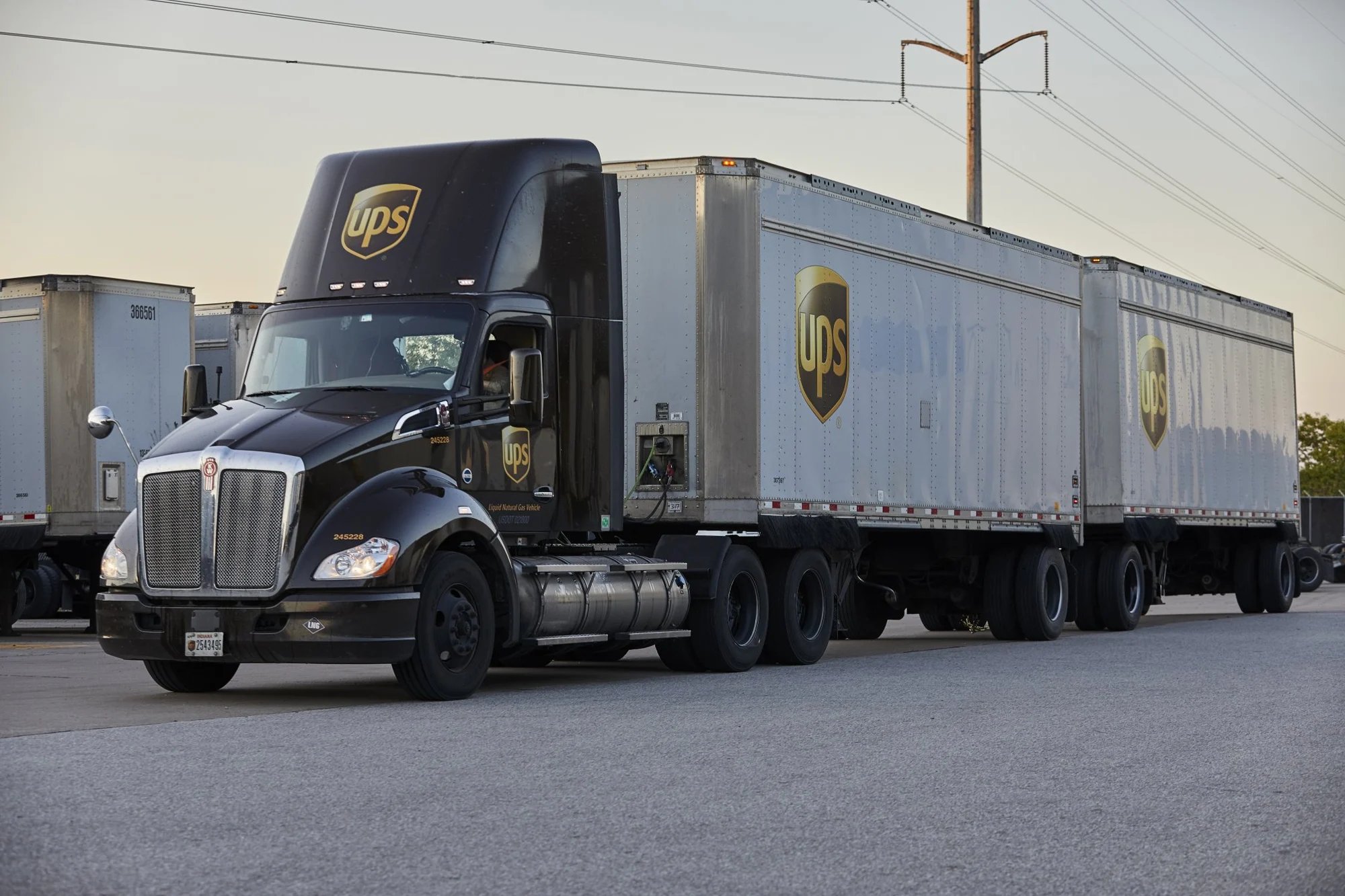What happened
Shares of United Parcel Service (UPS 1.57%) traded down more than 6% on Thursday morning after the shipping company released year-end results. Fourth-quarter earnings were in line with expectations, but the company failed to deliver on 2020 guidance.
So what
UPS before markets opened reported fourth-quarter adjusted earnings of $2.11 per share on revenue of $20.57 billion, roughly matching analyst expectations for $2.11 per share in earnings on sales of $20.66 billion. Average daily volume in the quarter was up 7.5% year over year to 26.6 million packages on strong demand for air service, and operating profit grew 6.4% year over year thanks to margin improvement and more demand for premium services.

Image source: United Parcel Service.
"Our network improvements from transformation enabled UPS to embrace a surge in demand for air products while at the same time generate productivity improvements and positive operating leverage," chairman and CEO David Abney said in a statement.
Unfortunately, the company's outlook for 2020 underwhelmed. UPS sees 2020 adjusted earnings of between $7.76 to $8.06 per share, short of the consensus $8.07-per-share estimate, due to expected further slowing of the global economy.
While shipping rivals including FedEx and XPO Logistics have sparred with e-commerce giant Amazon.com over the past year, UPS seemingly has been able to maintain a healthy relationship. Amazon's share of total UPS revenue rose to 11.6% in 2019, in part, the company says, because its investments in its network allowed it to accommodate Amazon's need for next-day deliveries.
Now what
With the global economy uncertain, UPS is turning its attention to small- and medium-sized businesses. That involves continuing to build out the domestic network, which means about $6.7 billion in capital expenditures in 2020. But the company hopes to reap the benefits of that spending later in the year and into 2021.
UPS appears to be taking a conservative approach to its guidance, seemingly not factoring in the potential for a global resurgence if the recent U.S./China trade deal holds and tariff risks decline. Then again, there is also the risk that factory shutdowns due to the coronavirus will offset any gains from improving trade relations.
The bottom line is that UPS faces a lot of uncertainty in 2020, and the market is reacting to that uncertainty. But for long-term holders able to look past one-year results, this remains a solid company.






